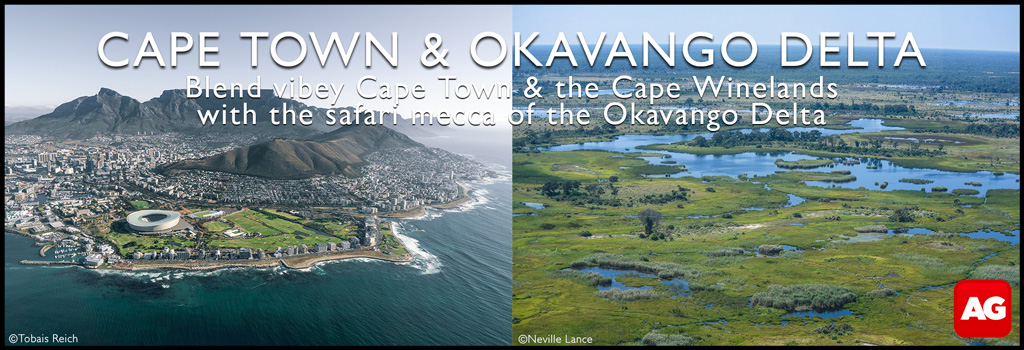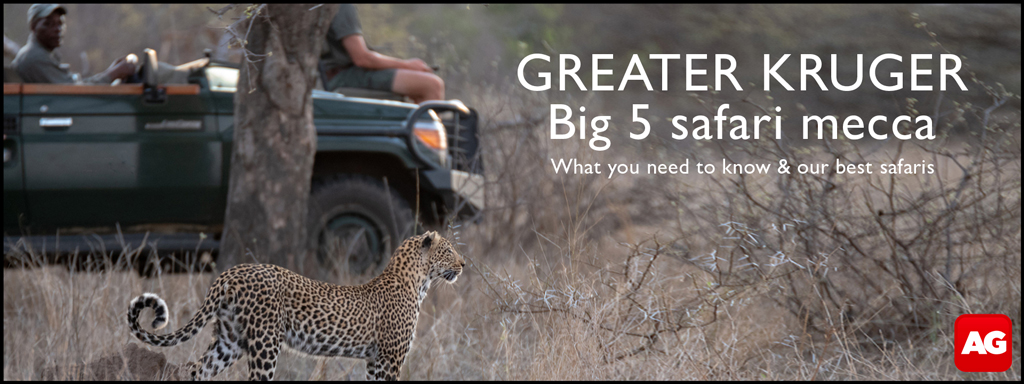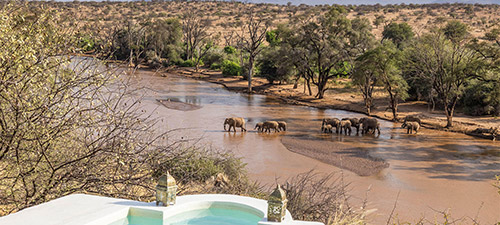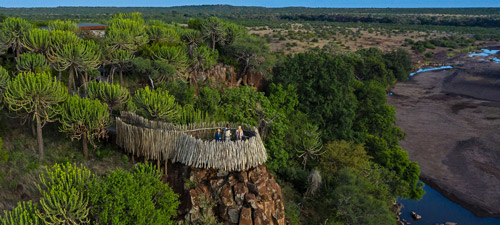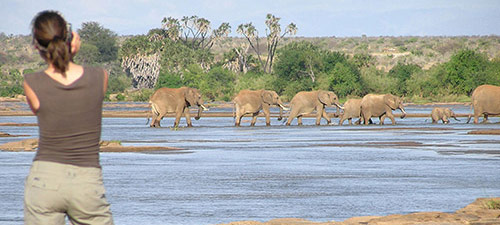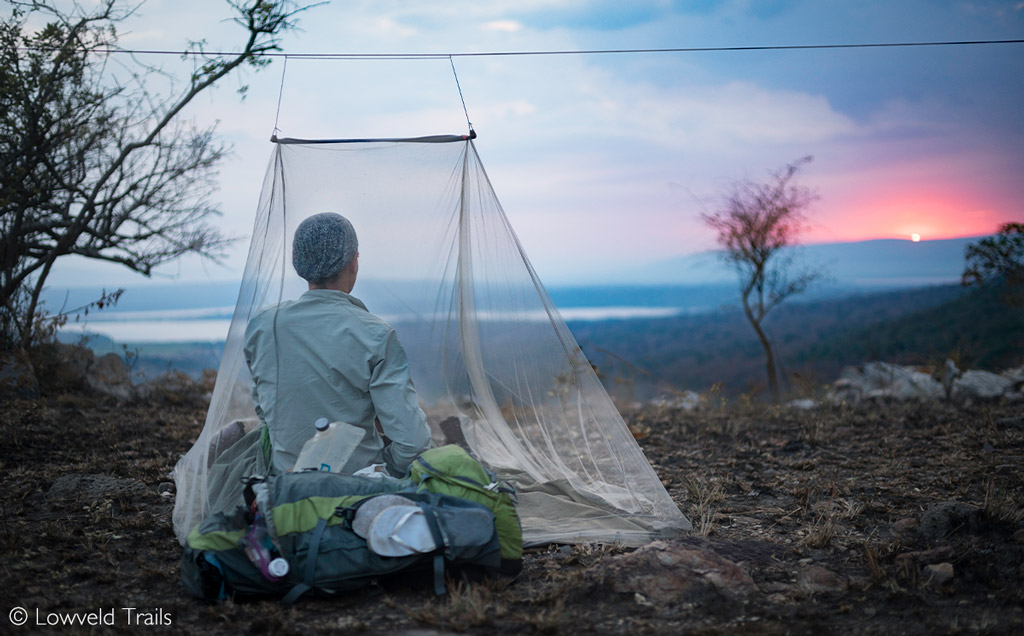
This is a copy of our weekly email newsletter. Subscribe here to receive the newsletter.
Botswana elephant poaching increase + walking safaris
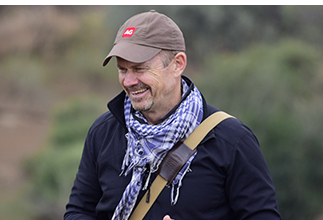
Sometimes the revealing facts we publish come at great personal risk and cost. Our information comes from a variety of sources – including from within governments, parastatals and specific industries committing the foul acts. As you know, governments and industries hate the negative publicity that evidence of incompetence, fraud and corruption brings. The disturbing article below about the rise (again) of elephant poaching in Botswana is a case in point.
To the heroes who risk all to help us shine a spotlight on the truth: I SALUTE YOU. A luta continua …
Meanwhile, back in my bushveld hometown, dinner is served! Recent rains have brought out the flying termites and everything with a mouth is feasting on these nutritious morsels. From frogs to scorpions and eagles to doves – they’re all tucking in. Good times!
Keep the passion

Simon Espley – CEO, Africa Geographic
From our Editor – Taryn van Jaarsveld
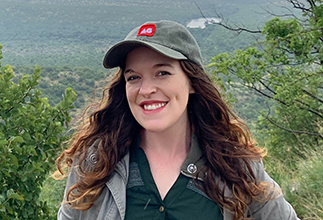
The partnership between humans and honeyguides – birds who solicit the help of humans to break open bees’ nests – has long been known to science. The birds lead the human honey hunters to the bees, and then feast on the wax and bee larvae left after hunters have raided the nest. Scientists also discovered years ago that the birds and honey hunters evolve together, with humans developing calls to entice and summon the honeyguides when they have a hankering for honey.
But did you know that greater honeyguides learn the very specific dialects of their local honey hunters? It’s not the catchiness of the tunes that attracts the birds, but rather that they have learnt the traditions of their local humans.
A new study shows that “the birds recognise and respond to calls from their local area”. The call used by Yao honey hunters in Niassa Special Reserve in Mozambique, for example, is very different from the call used by the Hadza honey hunters in northern Tanzania. When scientists played the Mozambican calls to honeyguides in Tanzania, the birds were less likely to respond, and vice versa. The study shows that birds develop their own cultures, and humans and honeyguides sustain each other’s traditions in their specific locales.
If you’re longing to walk the bushveld and get in touch with these and other facts of nature, check out the guide we’ve put together on walking safaris. And don’t miss our story on increased elephant poaching in Botswana below.

Story 1
https://africageographic.com/stories/is-elephant-poaching-on-the-rise-in-botswana/
ELEPHANT POACHING
A spate of arrests points to an elephant poaching increase in Botswana, shining a light on anti-poaching systems
Story 2
https://africageographic.com/stories/africa-on-foot-11-top-walking-safaris/
WALKING SAFARIS
Walking in the bushveld with an experienced guide is a great way to learn about nature. Here are 11 top walking safaris
 TRAVEL DESK UPDATES:
TRAVEL DESK UPDATES:
Want to go on safari in Zambia? Check out the irresistible special offer below and let AG plan your dream African safari.
Early bird special – Kafue explorer – From US$2,175pps
Visitors to Zambia’s vast Kafue National Park are treated to magnificent displays of Africa at its most spectacular. Explore this extraordinary wilderness – its waterways, floodplains and miombo woodlands – and encounter the park’s abundant wildlife along the way. Take advantage of this early bird special and you could be setting off for Zambia soon! Book before 31 March 2024 and save big on a safari of a lifetime.
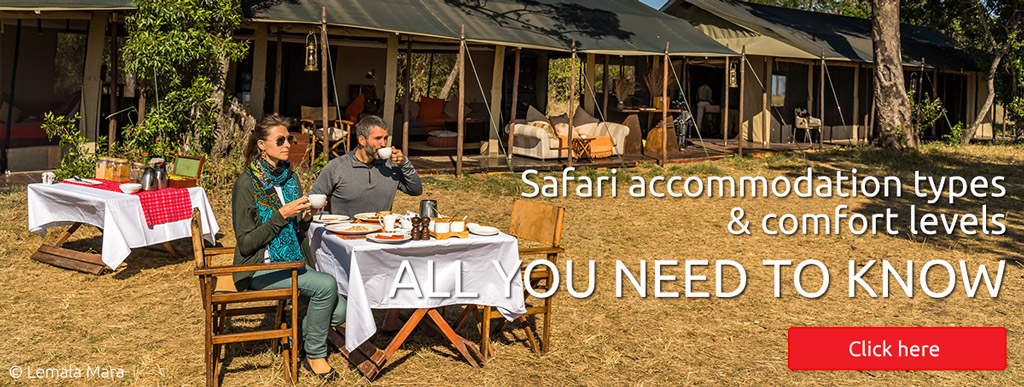
Saving Africa’s wild lions
You can help save African lions! Africa’s free-roaming lions are under threat from human-wildlife conflict. These lions are an essential part of the continent’s ecosystems, its tourism industry, and its livelihood.
Thankfully, the Southern African Conservation Trust (SACT) and partners have embarked on a project to conserve lions. They require GPS satellite collars to develop lion management plans. They also provide an early warning system to local communities about the whereabouts of lions, allowing them to react quickly to potential problems and avoid human-lion conflict.
You can help to save these wild lions by making a contribution to the SACT through our Collar a Lion campaign.
Find out more about how you can help save free-roaming lions and what your sponsorship will include.
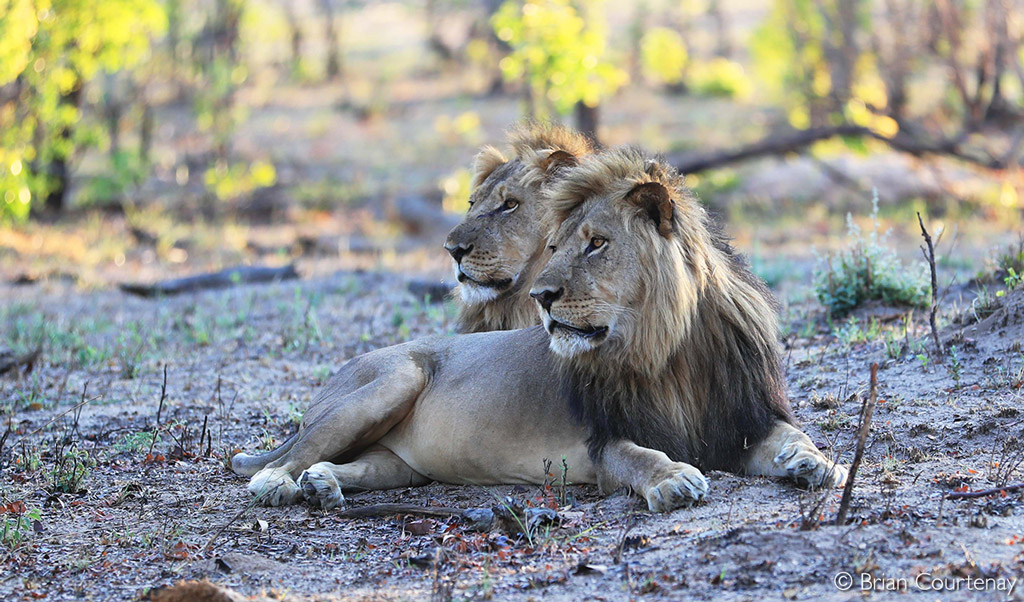
 WATCH: A Kruger walking safari will show you wild Africa, at your own pace. Stroll along ancient animal trails, learn about the region’s fascinating flora, and come face-to-face with some of the region’s Big 5 residents (01:40) Click here to watch
WATCH: A Kruger walking safari will show you wild Africa, at your own pace. Stroll along ancient animal trails, learn about the region’s fascinating flora, and come face-to-face with some of the region’s Big 5 residents (01:40) Click here to watch
For more videos celebrating Africa, check out our videos here
To comment on this story: Login (or sign up) to our app here - it's a troll-free safe place 🙂.![]()

